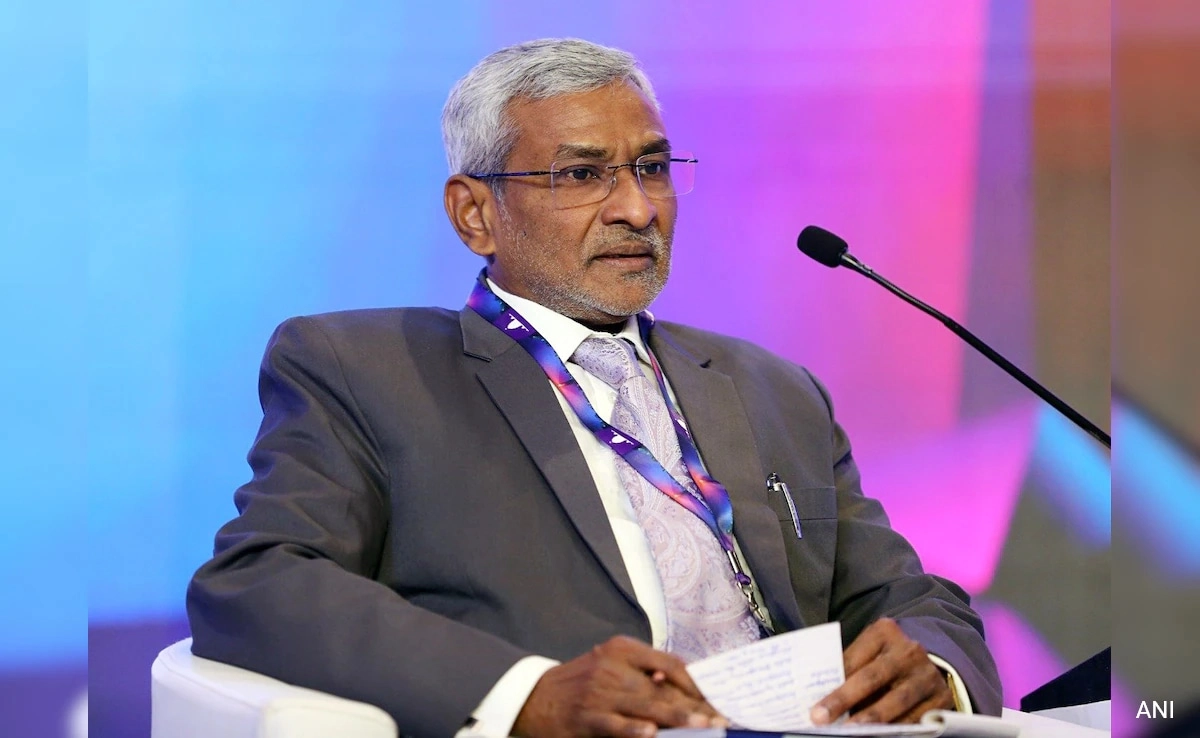In light of the escalating tensions between India and Pakistan, a foreign ministry official has emphasized the importance of maintaining hope for a peaceful resolution. The historical and ongoing conflict between these two nations, particularly over the Kashmir region, has led to numerous military confrontations and a complex web of political challenges. However, the official’s remarks underscore the belief that dialogue and diplomacy remain viable avenues for reducing hostilities and fostering a more stable relationship.
The official pointed out that despite the challenges posed by entrenched positions and nationalistic sentiments, both countries have previously engaged in negotiations that yielded positive outcomes. These past experiences serve as a reminder that cooperation is possible, even in the face of deep-seated grievances. The international community, including global powers and regional partners, also has a crucial role to play in encouraging dialogue and providing platforms for discussion. By fostering an environment conducive to negotiation, there is potential for both nations to address their differences constructively.
Moreover, the official highlighted the significance of grassroots movements and civil society in promoting peace. Initiatives aimed at building connections between the people of India and Pakistan can help to break down barriers of mistrust and animosity. Cultural exchanges, educational programs, and collaborative projects have the power to humanize the “other” and create a shared vision for a peaceful future. In this context, the foreign ministry official’s message of hope is not merely aspirational; it is a call to action for both governments and citizens alike to work towards a more harmonious coexistence.
In conclusion, while the India-Pakistan conflict poses significant challenges, the possibility of a peaceful resolution should not be dismissed. Hope, combined with a commitment to dialogue and collaborative efforts, can pave the way for a more stable and prosperous future for both nations. As the international community watches closely, it is vital for leaders on both sides to prioritize diplomacy over confrontation, fostering an atmosphere where peace can flourish. The path may be fraught with difficulties, but the potential for a brighter future remains within reach if both nations are willing to engage in meaningful dialogue and seek common ground.




